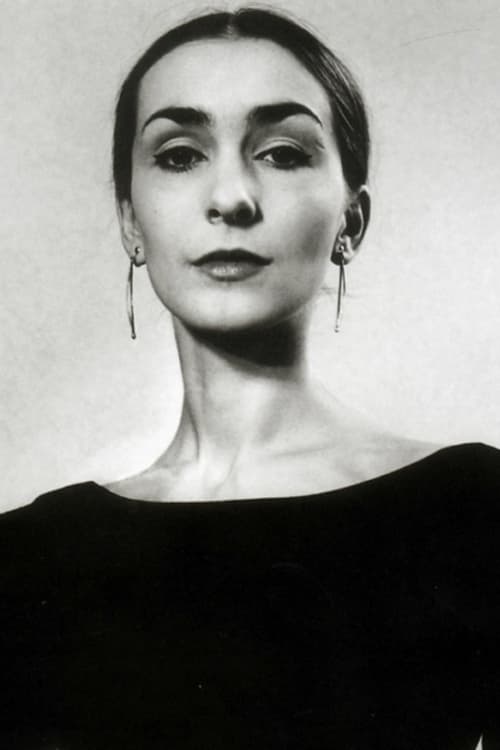
Philippine "Pina" Bausch (27 July 1940 – 30 June 2009) was a German dancer and choreographer who was a significant contributor to a neo-expressionist dance tradition now known as Tanztheater. Bausch's approach was noted for a stylized blend of dance movement, prominent sound design, and involved stage sets, as well as for engaging the dancers under her to help in the development of a piece, and he...
Explore all movies appearances
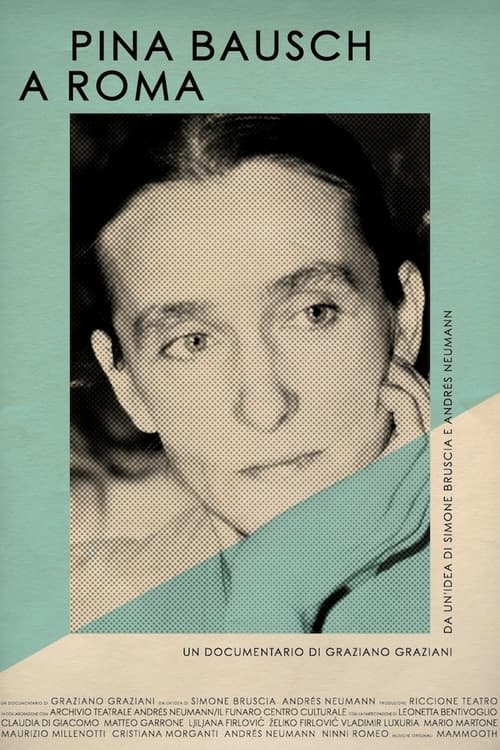
No plot available for this movie.
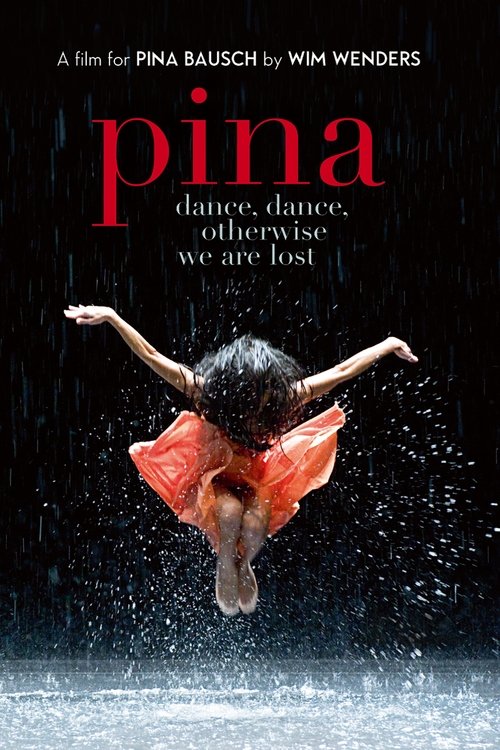
Pina is a feature-length dance film in 3D with the ensemble of the Tanztheater Wuppertal Pina Bausch, featuring the unique and inspiring art of the great German choreographer, who died in the summer of 2009.
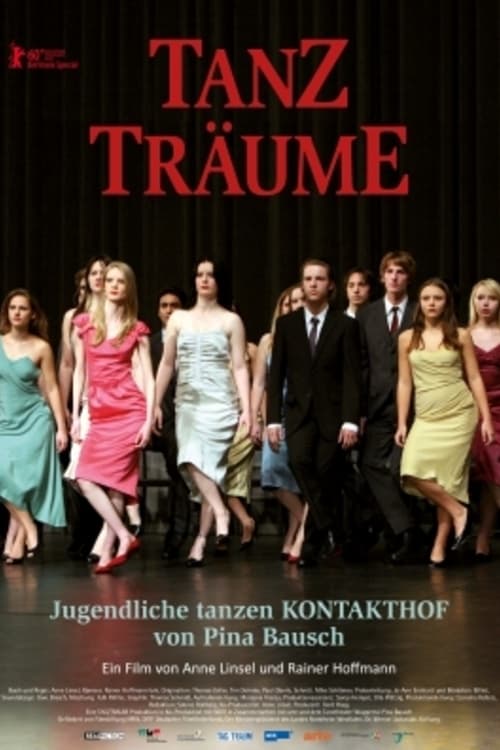
The dance performance “Kontakthof” bears the unmistakable signature of Pina Bausch: it deals with forms of human contact, encounters between the sexes, and the search for love and tenderness, with all its attendant anxieties, yearnings and doubts. It is a dance about feelings, which always pose a big challenge – particularly for young people. Teenagers from more than eleven schools in Wuppertal went on an emotional journey that lasted almost a year. Every Saturday, forty students aged between fourteen and eighteen years of age took part in rehearsals that were led by Bausch-dancers Jo-Ann Endicott and Bénédicte Billiet and intensely supervised by Pina Bausch herself.

Documentary about German choreographer Pina Bausch.

Two men share an odd friendship while they care for two women who are both in deep comas.
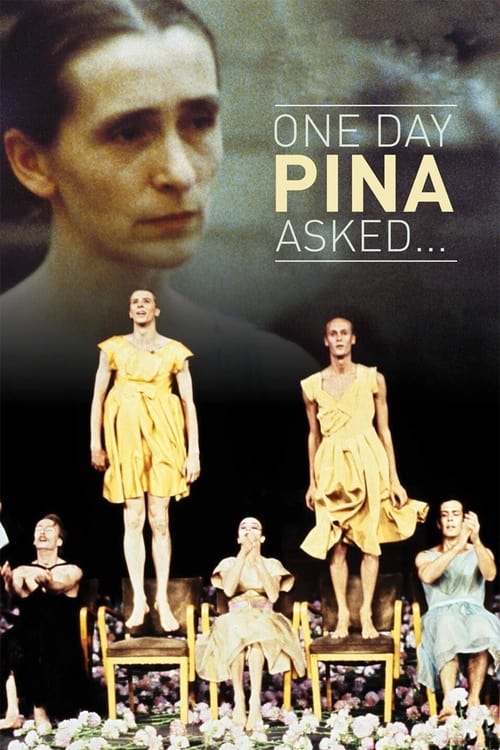
Chantal Akerman followed famous Choreographer Pina Bausch and her company of dancers, The Tanzteater Wuppertal, for five weeks while they were on tour in Germany, Italy and France. Her objective was to capture Pina Bausch's unparalleled art not only on stage by behind the scenes.

Pina Bausch created and performed Café Müller for her dance company Tanztheater Wuppertal. The dance was inspired by and based on her childhood memories of watching her father work at his café in Germany during and immediately following World War II. In this silent style featurette, Bausch shows a restaurant after closing, in which the ghosts of the departed customers stumble blindly into walls and onto chairs but fail to find one another.
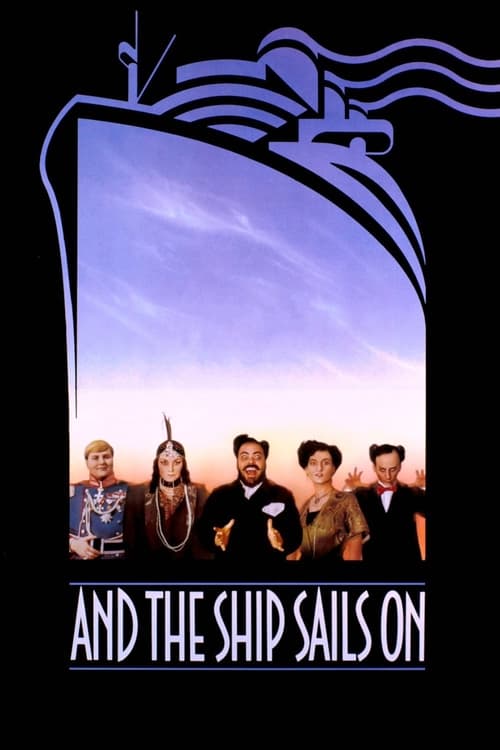
In 1914, a cruise ship sets sail from Naples to spread the ashes of beloved opera singer Edmea Tetua near Erimo, the isle of her birth. During the voyage, the eclectic array of passengers discovers a group of Serbian refugees aboard the vessel. Peace and camaraderie abound until the ship is descended upon by an Austrian flagship. The Serbians are forced to board it, but naturally they resist, igniting a skirmish that ends in destruction.

Wuppertal is a drizzly, industrial city on the Rhine and one immediately wonders why Pina Bausch and her avant-garde dance troupe have settled there. A socially engaged documentarian, Wildenhahn is also perplexed by this issue and spends considerable time trying to place Bausch in a context outside of the aesthetic. Still, the dance company's daily life and the excruciating rehearsal and performance schedule is solidly captured. The film begins cleverly: a dance critic offers sagacious comments on ballet dancers finishing their careers at mid-thirty just when, according to Bausch, the "aspects of misery, suffering and fear of death should become an integral part of a dancer's spiritual and psychological make-up." Wildenhahn's camera glides over the dancers' bodies as Bausch leads them through their paces, a consummate teacher. Leaving behind rehearsals of "Bandoneón" and "Walzer," Wildenhahn then ventures out into the streets of Wuppertal searching for the dance of the common people.
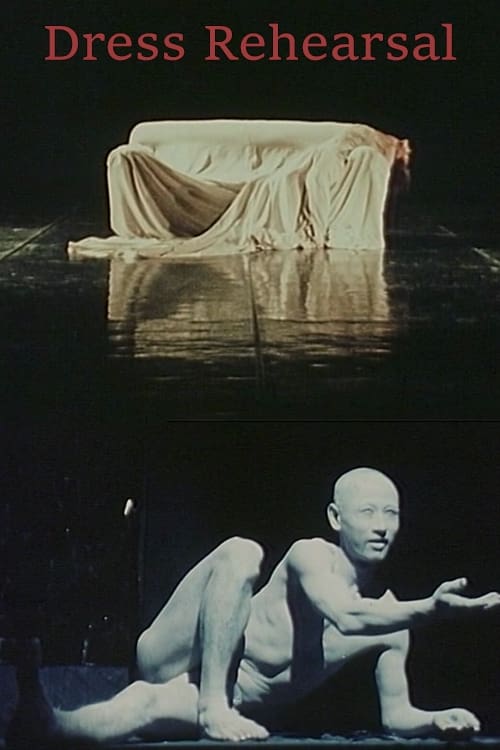
An exhilarating, essayistic documentary about the 1980 festival of experimental theatre in the French city of Nancy. Werner Schroeter's favourite of his own films.
Subscribe for exclusive insights on movies, TV shows, and games! Get top picks, fascinating facts, in-depth analysis, and more delivered straight to your inbox.